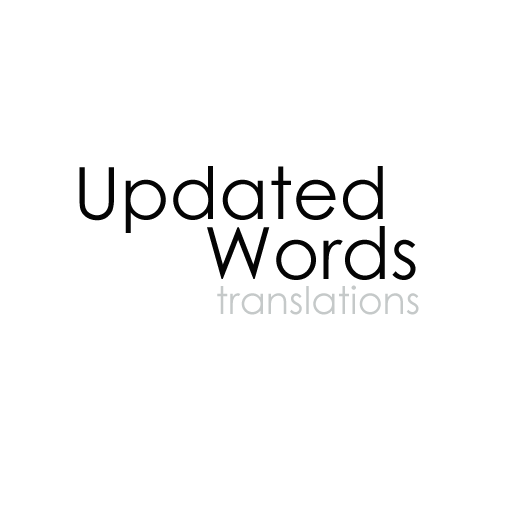By definition, localisation consists in adapting a product or content to a specific place or market. There are several processes involved in it and translation is one of them. As a translator, I will focus this article on the translation aspect of localisation.
Localisation is very important for translation. Just translating a document is not enough, one needs to understand and take in consideration the target language and the target readership, to translate the document accordingly. Does that mean changing the source language? Not necessarily, just adapting it to make sense in the target language.
When we translate a document, we must do it in a way the translated message has exactly the same impact on the reader as the original one. We all know different countries have different cultures and sometimes, it is impossible to cause exactly the same impact simply by translating it, because there would be certain cultural traces and idioms that would be lost in translation. So, the translator needs to find equivalent expressions that will allow the target reader to have exactly the same experience as the source reader. He needs to know both cultures deeply and be capable of making that connection without errors.
Another example of this is when you are dealing with technical fields. When working with technical fields it is important to know your target country, as there may be differences in the way things are translated. A good example of this, and one that I work with regularly is the Casino Games. Even though Portugal and Brazil speak the same language, Portuguese, the truth is that both countries have their own variant and, in some cases, you need someone to “translate” between them. Sometimes, while working with Casino Games, I find terms that were translated into Portuguese Brazilian, I know those games are to be published in Portugal, so it is very important that I make my clients aware that some of those terms would not be recognised by a Portuguese player. Given that I’m working with the rules of the games, it is very important to make sure that they are as crystal clear to a Portuguese player as they are to an Australian or British. If not, there could be confusion and the companies may end up with serious issues.
This happens in other technical fields and even in general translation. The fact that two or more countries speak the same language does not mean that there won’t be differences between them, and it is extremely important to understand and identify those differences, in order to get a great result. The same can be said about your source and target languages, it is important to know the cultures in both countries and identify possible localisation issues in order to pass the same message with the results your clients expect.
Cátia Cassiano

